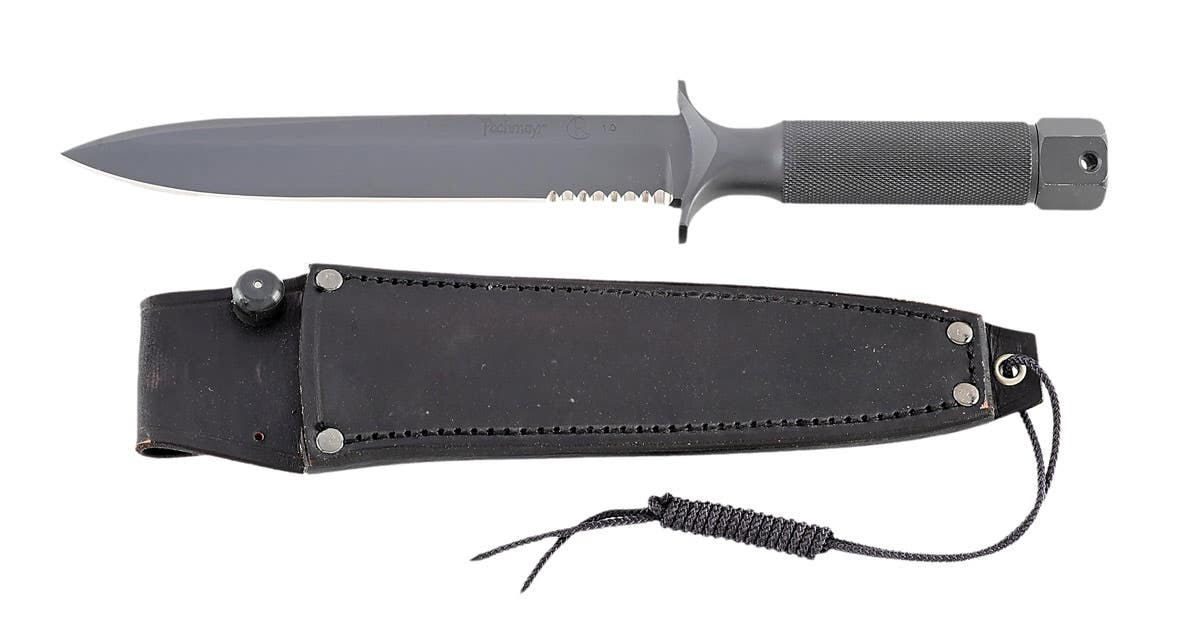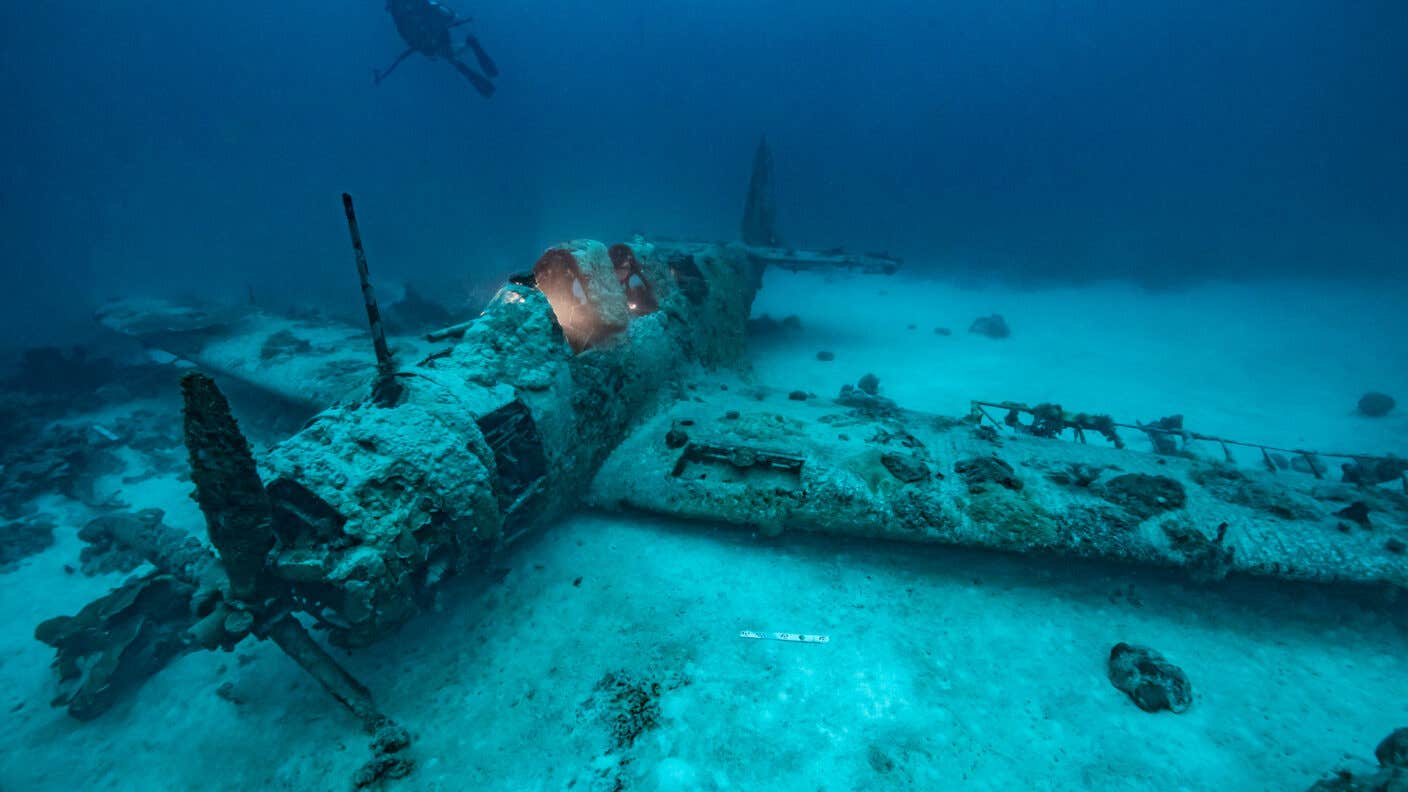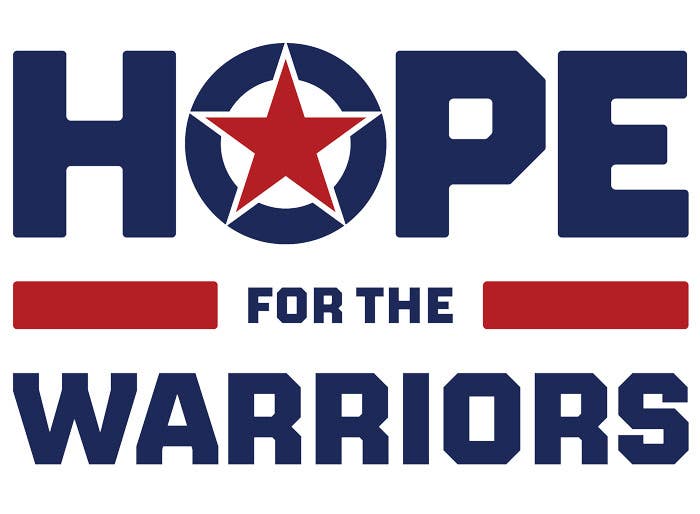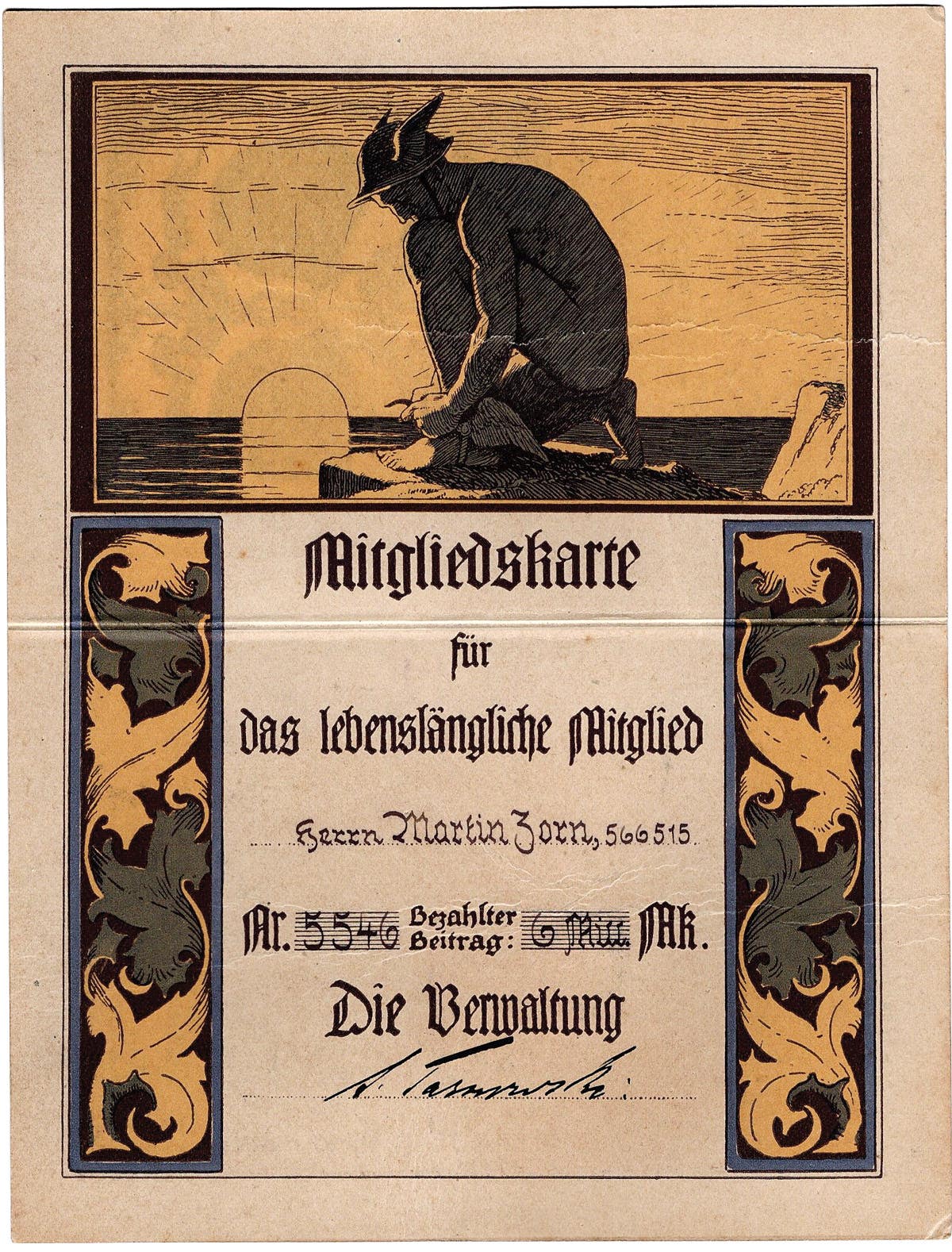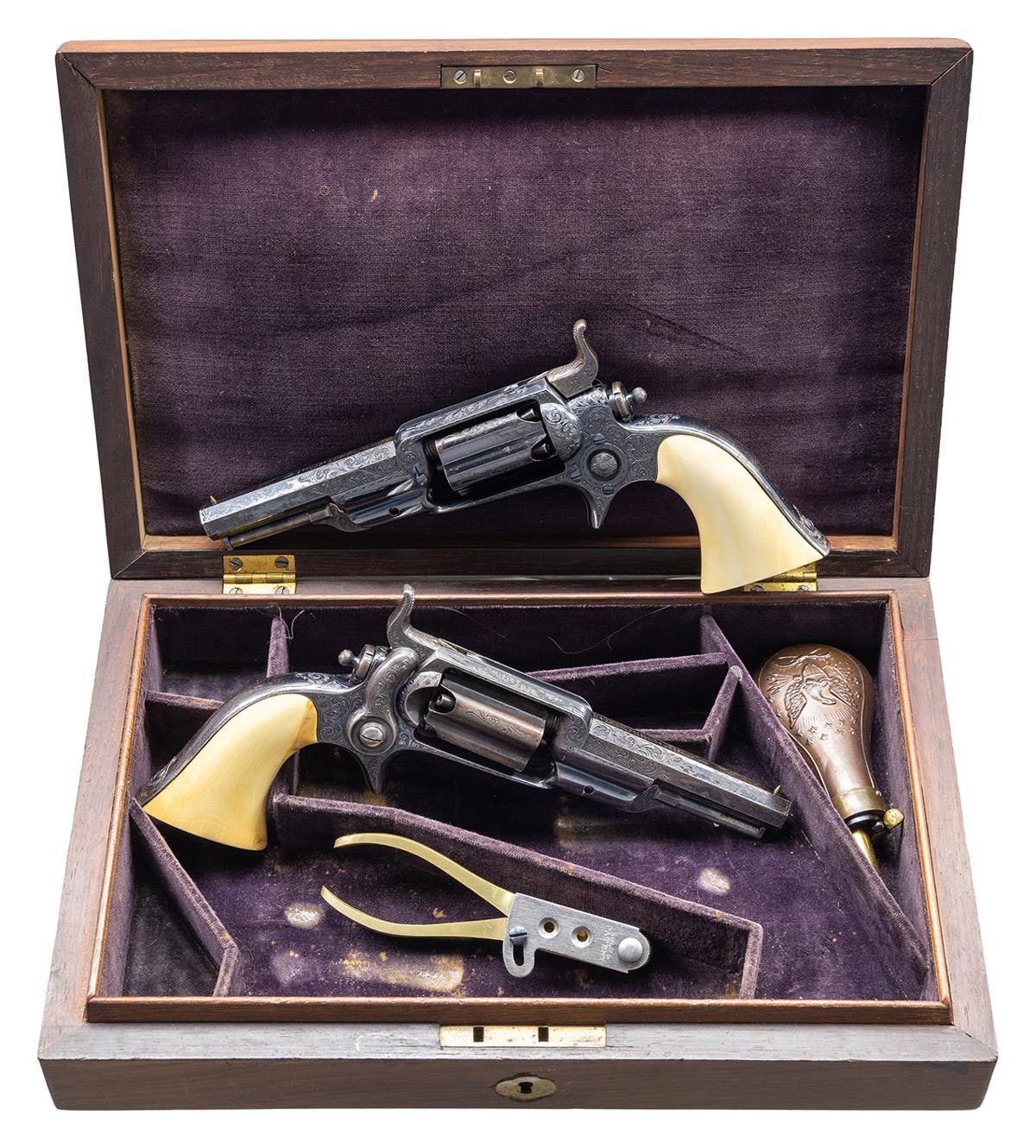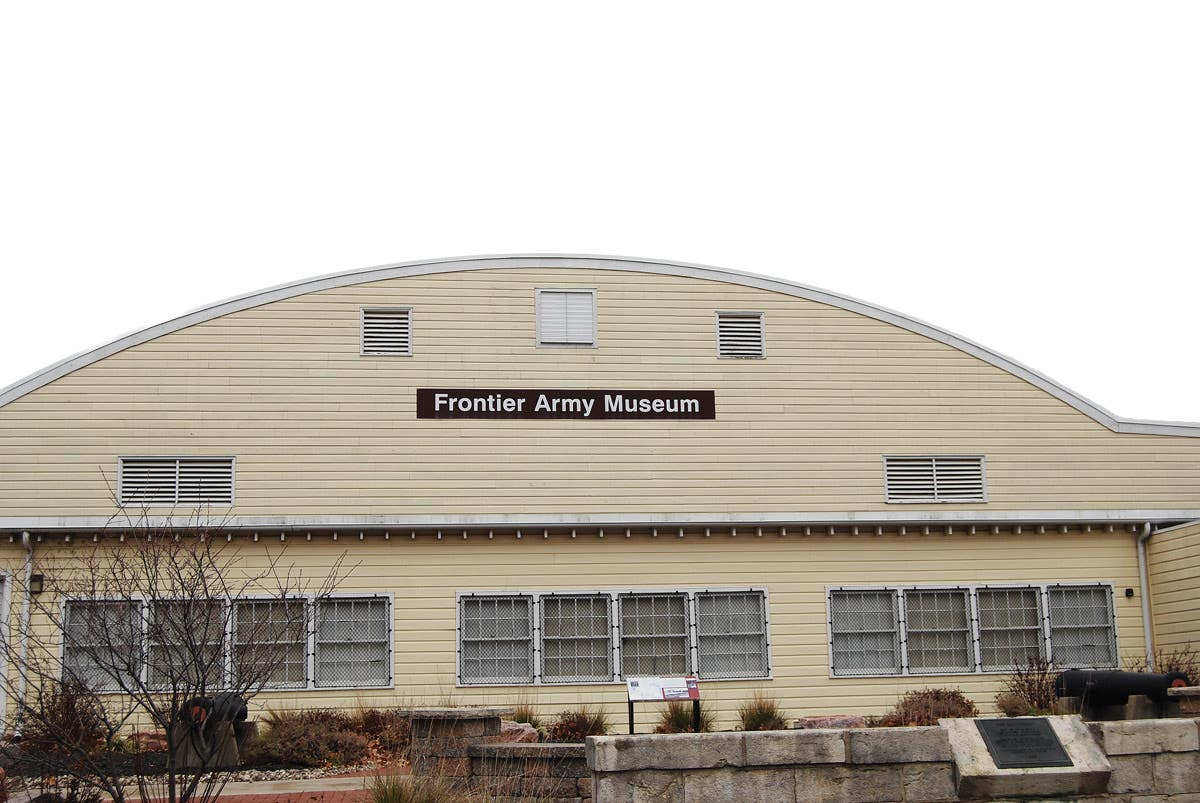Pritchard Pleads Guilty to Swindling Consignors
Civil War relics dealer and Antiques Roadshow guest sentenced
Despite his earlier claims of innocence, militaria and antique dealer Russell Pritchard III, who used to make regular appearances on Antiques Roadshow, has pleaded guilty to theft charges in Montgomery County, Pa., for stealing antiques worth more than $100,000. Sentencing is expected before the end of November.
Currently out on bail, Pritchard, 44, of Beach Haven, N.J., could face up to 24 years behind bars. He owned the Bryn Mawr (Pa.) Auction Co., and took furniture, paintings, silverware and china on consignment, sold the items but never paid the owners. When they went to complain, the business was vacant.
Based on the values of the stolen items, Montgomery County Prosecutor Tracey Potere will ask a judge to send Pritchard to jail for a long time. "This was not a momentary lapse in judgment by the defendant," said Potere. "This was a well-thought-out, calculated decision by the defendant to steal."
Montgomery County's First Assistant District Attorney, Risa Vetri Ferman, was more blunt in a call to Antique Trader: "This guy is just shameless." Ferman said the judge in the case will consider Pritchard's past when determining his sentence, and there's a lot to absorb. The FBI's Web site on theft notices and recoveries paints a detailed picture of Pritchard's criminal record stretching back more than a decade.
In an indictment filed on March 15, 2001, in Philadelphia, a grand jury charged that Pritchard III and George Juno were engaged in the business of appraising, purchasing, and selling military-related artifacts through their business, American Ordnance Preservation Association (AOPA). The grand jury alleged that the defendants engaged in staged or phony appraisals to enhance their reputation as experts in the appraisal of military artifacts and to attract potential sellers of military artifacts to AOPA. This indictment might have garnered less national publicity had Pritchard and Juno not also been two of the most popular appraisers Antiques Roadshow. The FBI became involved in the case in July 1999, when the appraisers were sued by the descendants of Civil War Gen. George Pickett. The family accused Pritchard and Juno of defrauding them out of their ancestor's property.
Pritchard III and Juno used the Antiques Roadshow to enhance their reputations as appraisers of military artifacts. In July 1996, the two men met with a man named "Steve" to rehearse a story about a Confederate sword, which they supplied to him. On July 20, 1996, the three men staged a phony Antiques Roadshow session for a later broadcast. "Steve" recounted that the sword had been in his family for years and that, as a child, he used it to cut a watermelon. While the cameras rolled, he acted surprised when Pritchard and Juno appraised the "Watermelon sword" at $35,000.
While Pritchard and Juno used their appearance on the Antiques Roadshow to bolster their reputations, they also relied on false appraisals and misinformation to obtain valuables from unsuspecting collectors.
In early 1997, descendants of Major Samuel J. Wilson, a Union officer in the Civil War, contacted AOPA after watching the "Watermelon Sword" episode. They asked the Pritchard III and Juno to appraise a sword once used by their ancestor. Pritchard III and Juno gave it a value of close to $8,000 and persuaded the family to sell them the sword for presentation to the National Civil War Museum in Harrisburg, Pa. The Wilson family had no intention of selling the sword prior to their meeting with the appraisers, but, believing their descendant would have a place of honor for all time, the family sold it.
But instead of giving the Wilson sword to the museum, Juno used it as collateral to secure a loan. Then he helped arrange the sale of the Wilson sword to a private collector for $20,000.
The Meade Revolver
Major Gen. George C. Meade commanded the victorious Union forces at the Battle of Gettysburg during the Civil War and repelled the invasion of the North by the Army of Northern Virginia under General Robert E. Lee. After the Battle of Gettysburg, Meade received a presentation pistol.
In August 1997, Pritchard III contacted the Meade family and represented himself as an expert in the field of Civil War artifacts. He offered to appraise the mahogany-cased, .44-caliber Remington pistol with engraved ivory grips, silver-plated frame and gold-washed cylinder and hammer. Pritchard III appraised the Meade firearm at between $180,000 and $200,000 and, once again, falsely stated that he was acquiring the firearm for the National Civil War Museum for permanent display.
In October 1997, a private collector paid Pritchard III $385,000 for the firearm. Pritchard III paid a Meade descendant $184,000. Then, Pritchard III faxed a letter to the mayor of Harrisburg, stating falsely that the Meade family was not interested in selling the firearm for inclusion in the city's National Civil War Museum.
The Patterson Collection
In 1996, an employee of AOPA contacted Mrs. Donald Patterson and expressed interest in acquiring a collection of militaria that she and her husband had accumulated over the years. Between August and December 1996, Pritchard III, again falsely representing himself as an agent for the National Civil War Museum, appraised the Patterson collection and chose items - including swords, rifles, pistols, uniforms and other Civil War artifacts - he said he was acquiring on behalf of the museum.
Three days after Mrs. Patterson agreed to sell a portion of her collection to Pritchard III, he sold the majority of the items to a private Civil War dealer for $50,000. In May 1997, he sold the remainder of the collection to another private Civil War dealer for an additional $15,000.
The Hunt Uniform
In September 1996, a descendant of Lt. Col. William R. Hunt, an officer in the Confederate States of America during the Civil War, asked Russell Pritchard Jr., (himself a cousin of the Hunt descendant) to appraise a Hunt uniform. Pritchard Jr. delivered the uniform to his son, Pritchard III, who made repairs to the uniform. In December 1996, the Hunt uniform was sent to a textile expert to confirm its authenticity.
In January 1997, the Pritchards falsely advised the Hunt descendant that the uniform was not authentic and that they had given it away to a clothing collection agency. More than a year later, Pritchard III sold the uniform to a private collector for $45,000. It eventually made its way to a museum in Tennessee, which bought it from a private dealer for $67,500. In May 2001, Pritchard Jr. was indicted for the theft of the uniform.
The Zouave Uniform
In early 1995, AOPA, Pritchard III and Juno acquired a collection of Civil War-related artifacts from Ronald Weaver. A sergeant's Union Zouave uniform was included in the Weaver collection. Pritchard III and AOPA sold the collection, including the Union Zouave uniform, to the National Civil War Museum for $1.8 million. In March 1997, Pritchard III purchased what he thought was another authentic Zouave uniform. He later learned that the uniform was from a Belgian - rather than Union - military unit, and was of negligible value.
In March 1997, Pritchard III stole the Union Zouave uniform from the Harrisburg museum's inventory and replaced it with the Belgian uniform. In the fall of 1997, Pritchard III and Juno sold the stolen Union Zouave uniform to a private Civil War dealer for $20,000.
In total, the three men - Russell Pritchard Jr., Russell Pritchard III and George Juno - were responsible for more than $1. 2 million in historical memorabilia fraud. In early 2001, Juno pleaded guilty to the theft of the Wilson sword. On Dec. 21, 2001, Pritchard III pleaded guilty to more than 20 counts, including wire fraud, mail fraud, theft from a museum, and Interstate Transportation of Stolen Property. On Jan. 18, 2002, Pritchard Jr. and a former museum curator at the Civil War Library and Museum in Philadelphia were found guilty of theft from a museum, and aiding and abetting after the fact, in the case involving the Hunt uniform.
On July 11, 2002, Pritchard III was sentenced to one year in prison and was ordered to repay $830,000 for staging phony appraisals and defrauding Civil War militaria collectors. He pleaded guilty to making false TV appraisals and also admitted defrauding artifact owners by giving them low appraisals on items, then reselling them at much higher prices and keeping the profits for himself.
You may also enjoy:
*As an Amazon Associate, Military Trader / Military Vehicles earns from qualifying purchases.
Established in 1993, Military Trader is dedicated to the collecting preservation, restoration, study, and display of historic military artifacts. Spanning interests from military uniforms to medals, or helmets to ordnance and weapons, Military Trader is your best source for in-depth techincal articles, artifact profiles, product and hobby news, current values, and show and auctions calendar.



